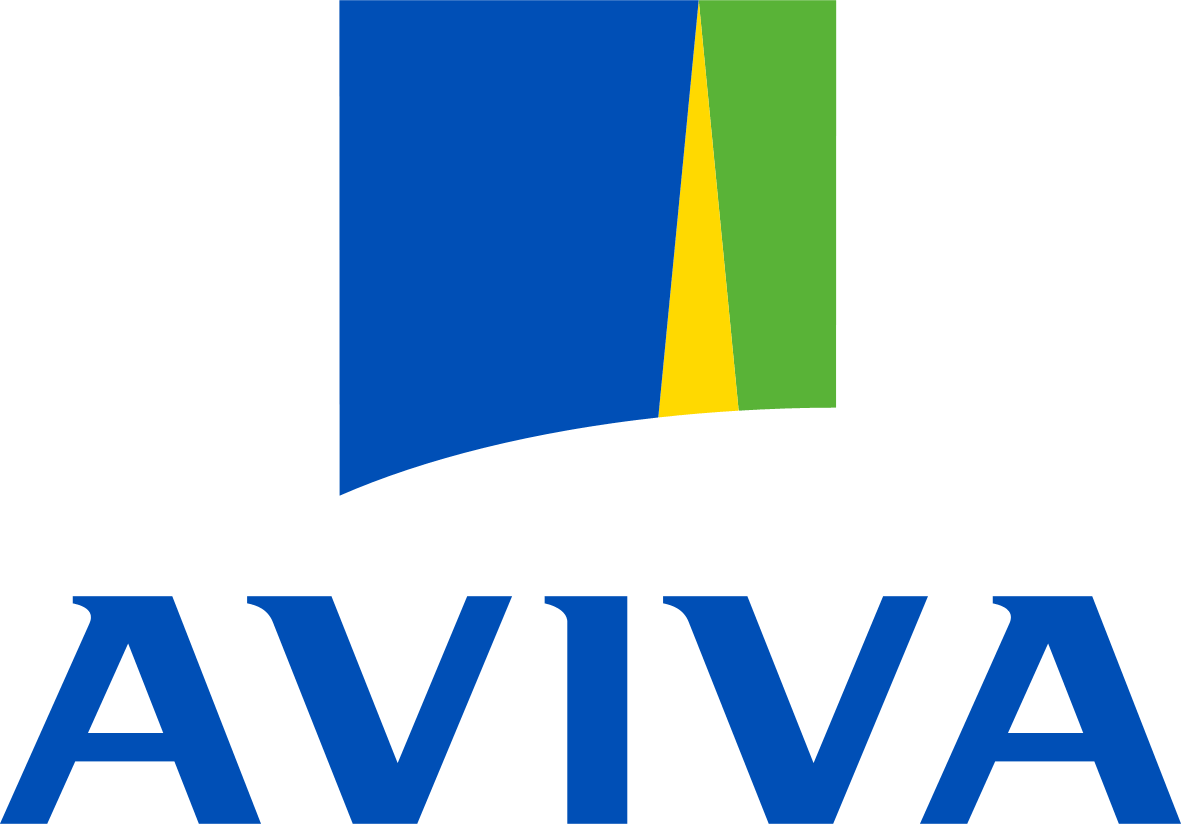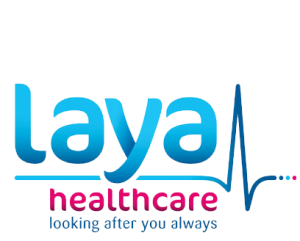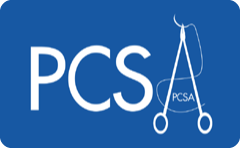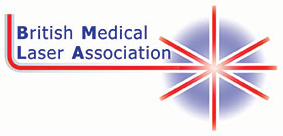 Download this information as a PDF
Download this information as a PDF
Psoriasis continues to be one of the more difficult skin conditions to treat. The wide range of treatments available for psoriasis illustrates this; no one treatment will work for everyone. There is no cure for psoriasis but several new medications have recently been introduced and ongoing research looks promising. In general the treatment is chosen on the basis of the pattern of psoriasis and its severity. Sometimes several treatments may need to be tried before the most suitable regime is established. Different medications may need to be used together or in rotation for best effect or to minimise side effects.
General Measures
Sunshine
Sunshine may help to clear psoriasis; in many people it improves dramatically during sunny holidays. Take care, as psoriasis may develop in areas of sunburn, and fair skin exposed to ultraviolet radiation becomes prematurely aged and may develop skin cancer.
Baths
Soaking in warm water with a bath oil or tar solution can soften the psoriasis and lift the scale. Bland soaps or soap substitutes are useful. Antiseptics are not necessary and may irritate.
Emollients
Even if no medicated preparations are applied, the psoriasis should be kept soft with moisturizing creams to prevent it cracking and becoming sore. Vaseline, emulsifying ointment and Sorbolene Cream are examples of suitable preparations. Emollients may include keratolytic agents such as urea or salicylic acid.
Occlusive dressings
Relatively small, localised patches of psoriasis may improve with occlusion i.e. waterproof adhesive dressings.
Rest
Rest, particularly bed rest, is beneficial for psoriasis. This is not a luxury available to many people but if the psoriasis is particularly difficult a short period of rest, sometimes requiring several weeks in hospital, can do wonders.
Topical preparations
Tar
Coal tar and pine tar have been used for many years but it isn't known how they work. Tar is most useful for scalp psoriasis and chronic plaque psoriasis.
Refined coal tar is readily available in various cream, ointment, gel and stick bases. It isn't suitable for everyone because it can sting or even aggravate the psoriasis. It tends to be messy to use and many patients dislike the smell.
Do not apply coal tar or pine tar immediately before sun exposure; the result could be sunburn due to an interaction of the tar on the skin with the ultraviolet light (contact photosensitivity dermatitis).
Dithranol
Dithranol (also called anthralin) is most suitable for chronic plaque psoriasis. Because it may be very irritating it is unsuitable for very fair skinned subjects, the face or body folds. At home it is best to use 'short contact' dithranol: apply it accurately to the patches of psoriasis for 10 to 60 minutes only. It temporarily stains the skin a brown colour.
Topical steroids
Patients often prefer to use topical steroids as these are clean, easy to use and soothing. Topical steroids are very useful for treating flexural psoriasis, some limited plaque psoriasis, scalp psoriasis (see scalp care below) and sebopsoriasis. They also have a role in psoriasis affecting the palms and soles. Topical steroid lotions may be applied under affected nails for onycholysis. They may be used in combination with other treatments.
Weak topical steroids (often in combination with an antifungal agent to combat thrush) may improve flexural psoriasis but it will usually recur after stopping treatment. Plaque psoriasis and psoriasis of the palms and soles require stronger topical steroids.
Stronger topical steroids need to be used with care. The most powerful topical steroid preparations are most effective but have a higher risk of side effects. They should be used with caution on large areas and preferably for limited periods because:
- They may thin the skin (causing broken capillaries and stretch marks)
- They can result in long term aggravation of psoriasis
- They are numerous other side effects if used excessively.
The risk of side effects can be reduced if they are applied daily for no more than two weeks out of every two months, or used for two consecutive days each weeklong term. Side effects are more likely in the elderly.
Vitamin D-like compounds
Calcipotriol (also called calcipotriene) is effective and safe for mild to moderate chronic plaque psoriasis, scalp psoriasis and flexural psoriasis. The trade name in New Zealand is Daivonex®.
Calcipotriol may irritate at first (especially the ointment, which is more potent than cream or solution) but this usually lessens with continued use. If irritation occurs, reducing the frequency of application to every second day or less for a period of time usually allows continued use. A facial rash can occur so it is not usually suitable for facial psoriasis and you should wash hands after using it elsewhere. No more than 100g should be used each week.
Calcineurin inhibitors
Tacrolimus ointment and pimecrolimus cream are not registered for use in psoriasis. They may be useful for psoriasis in thin skinned areas such as face, skin folds and genital areas.
Ultraviolet treatment
UVB
Broadband UVB or Narrowband UVBphototherapy is a very effective treatment for chronic plaque and guttate psoriasis. It is less effective for other forms of psoriasis and those with photosensitive psoriasis should avoid it. UVB is generally reserved for psoriasis that has been resistant to treatment with topical agents or involves too much of the skin surface to be treated effectively with topical agents.
UVB is available at some hospitals and private specialists' rooms, and is most useful during the winter months. A six-week course three times weekly often results in substantial improvement or clearance that may last for several months. Phototherapy ages the skin and may eventually cause skin cancer, so it should not be continued indefinitely.
PUVA
Psoralens plus long wave Ultra Violet A radiation, known as photochemotherapy or PUVA, is more effective than UVB. In New Zealand, PUVA is only available under specialist supervision in the main centres. It is used less often than UVB because of inconvenience, risks and side effects, including:
- Need for strict sun avoidance for several hours before and after treatment
- Nausea from the psoralen tablets taken prior to ultraviolet exposure
- Potential for long lasting deep burns from overdose
- Greater risk of skin cancer
Topical PUVA involves soaking the affected area in a solution of the photosensitising agent (rather than taking tablets) before exposing the area to ultraviolet light. This is usually only suitable for psoriasis affecting the palms and soles.
Oral medications
Oral medication is used for those with very extensive psoriasis (when 20% or more of the body surface is affected) or when it significantly interferes with function, e.g. psoriasis on the palms preventing work, or on the feet preventing walking. All of the following medications have potential side effects and risks.
Methotrexate
Methotrexate tablets are taken once a week and usually result in dramatic improvement over one to two months.
Methotrexate occasionally causes nausea but is usually well tolerated. Methotrexate is not suitable for people with liver problems and may cause irreversible liver damage in a small number of people. Alcohol should be avoided as it increases the risk of liver damage. Methotrexate may suppress the bone marrow (the blood factory), particularly in overdose, making the patient susceptible to life-threatening infection. Regular blood tests are necessary to monitor blood count and liver function. A liver biopsy may be required every few years while on long-term methotrexate treatment. Pregnancy and fathering a child should be avoided.
Acitretin
Acitretin is a vitamin A-like compound and results in slow improvement over several months in most cases. Unfortunately it has some nuisance dose-related side effects including dry lips, peeling palms and soles, thinning hair, tiredness and muscle pains. Blood tests are usually necessary to monitor liver function and blood fats.
Pregnancy must be strictly avoided whilst on acitretin and for at least 2 years afterwards because it may cause birth deformities
Ciclosporin
Ciclosporin is an immune suppressive agent reserved for the most severe cases of psoriasis. It is very effective but may result in raised blood pressure and kidney damage so must be carefully monitored with regular blood tests.
Hydroxyurea
Hydroxyurea (hydroxycarbamide) is a cytotoxic medicine more often used in the management of certain types of cancer. Mycophenolate mofetil Mycophenolate mofetil is an immune suppressive agent occasionally used for the management of severe psoriasis.
Tioguanine
Tioguanine (thioguanine) is rarely used for the management of severe psoriasis.
Fumaric acid esters
Fumaric acid esters are under investigation for the treatment of psoriasis, but is not yet available in New Zealand.
Injected medications
New biologic response modifiers (biologics) are treatments for severe psoriasis and psoriatic arthritis that appear to have promising durable effects with good side-effect profiles. The biologics include:
- Etanercept
- Inflixamab
- Alefacept
- Efalizumab
- Adalimumab
- Ustekinumab














